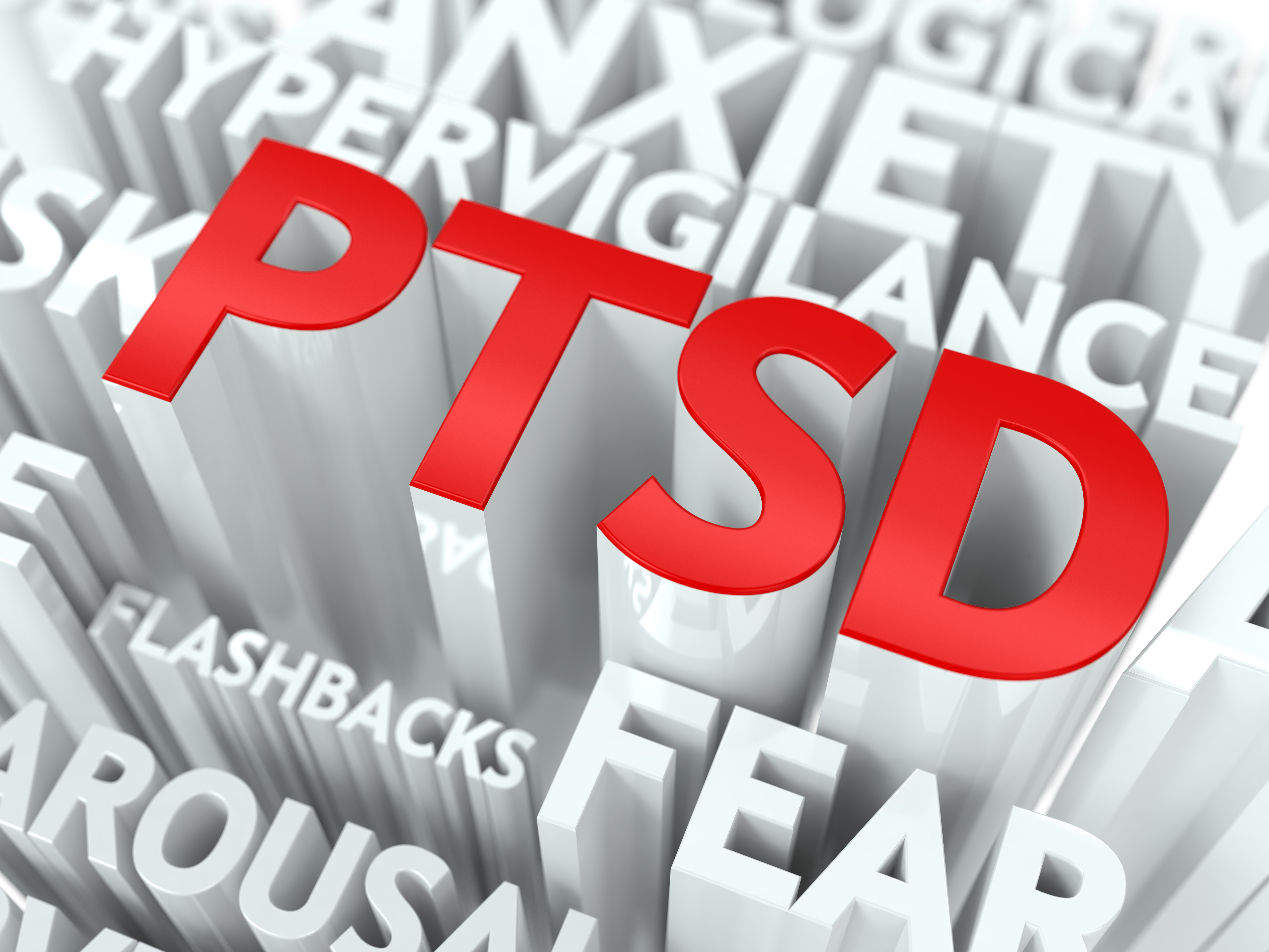
TORONTO – Ontario’s labour minister announced plans Monday to help first responders deal with post traumatic stress disorder, and suggested it would be recognized as a work-related illness for police, firefighters and paramedics.
The stress and danger faced by first responders can have a lasting and serious effect not only on their physical health, but their mental health as well, said Kevin Flynn.
“Research shows first responders are at least twice as likely as the general population to suffer from PTSD, and that PTSD results in more suicide attempts than all other anxiety disorders,” he said.
The Liberal government is taking action “to do what we can to address this issue,” Flynn said in a speech to the Ontario Firefighters Association.
“This includes looking at your coverage under the Workplace Safety and Insurance Act, because right now, in order to be covered, you need to be able to demonstrate you were injured on the job,” he said.
New Democrat Cheri DiNovo, who introduced five private member’s bills over several years trying to extend WSIB coverage to first responders with PTSD, said the government must take steps to recognize that they got sick on the job.
“I can tell you tens of thousands of first responders are upset about how long this has taken,” said DiNovo. “We have the highest rates of suicide in the country for first responders. Something’s got to give.”
Manitoba and Alberta already recognize PTSD as work-related for first responders, and Ontario has presumptive legislation that recognizes many forms of cancer as work-related illnesses for firefighters, added DiNovo.
“Not everyone who runs into a plastics fire or chemical fire comes out with cancer, but we need to take care of the ones that do,” she said. “It’s the same with PTSD. We have to look after those that come down with PTSD, and we are not.”
Progressive Conservative Leader Patrick Brown urged the Liberal government to pass DiNovo’s bill, saying too many first responders with PTSD have had their claims rejected by the WSIB.
“Unfortunately, the government’s announcement does little to help those who are already faced with the serious and debilitating challenges of PTSD,” Brown said in a statement.
Flynn vowed Ontario will become a leader in helping first responders with PTSD, with an approach that he said will include “both preventative and legislative measures,” as well as grants to better understand triggers and optimal prevention techniques.
“I hope to announce those legislative measures in the very near future,” he said.
The province will also hold an annual summit on PTSD, create online resources for employers and first responders, and launch a public awareness campaign on radio and online to better inform people about this “serious and debilitating injury,” said Flynn.
Reducing the stigma associated with PTSD is one of the biggest challenges in hindering effective treatment, he added.
“This fear of being perceived as weak, damaged or ashamed leaves many to suffer alone,” Flynn said. “We need to talk about it openly and support and educate one another.”